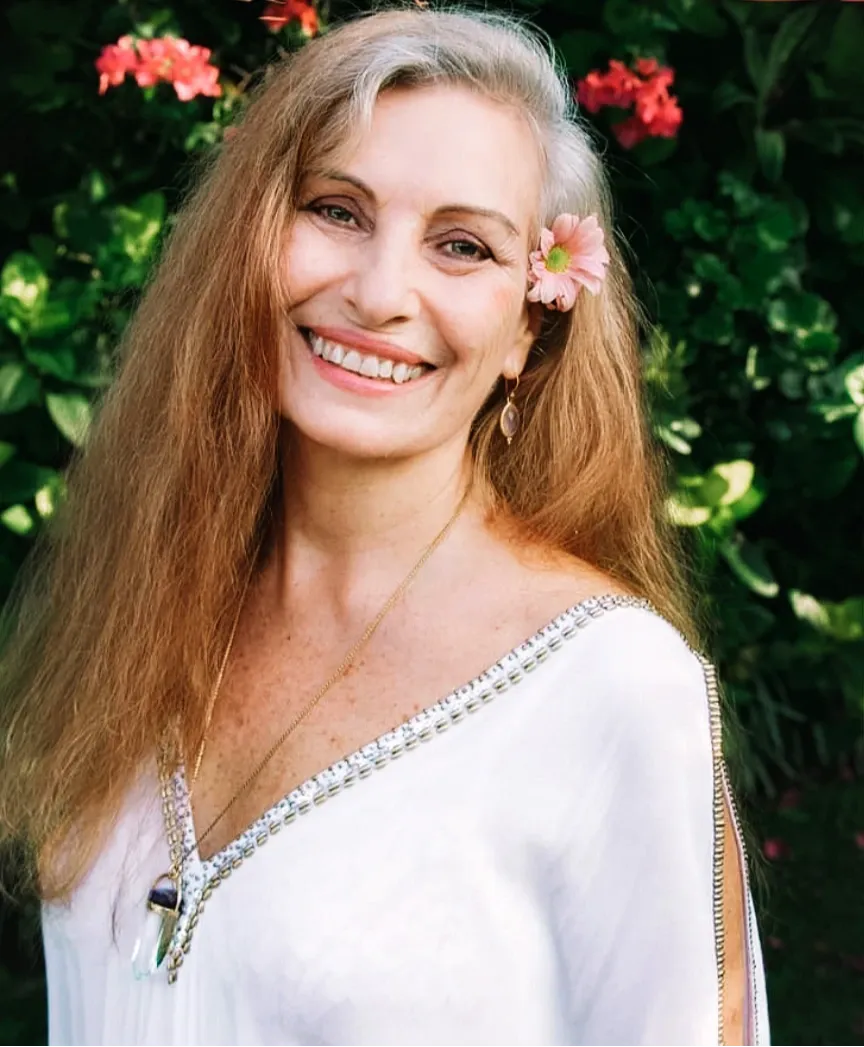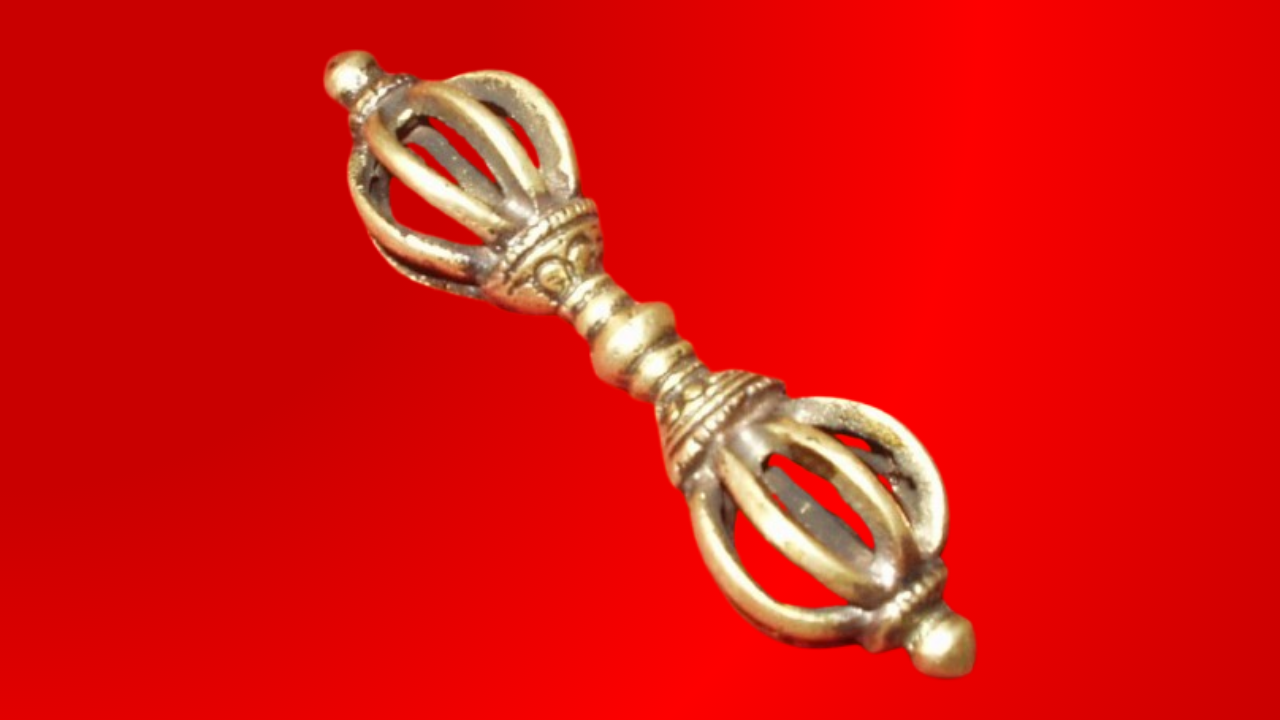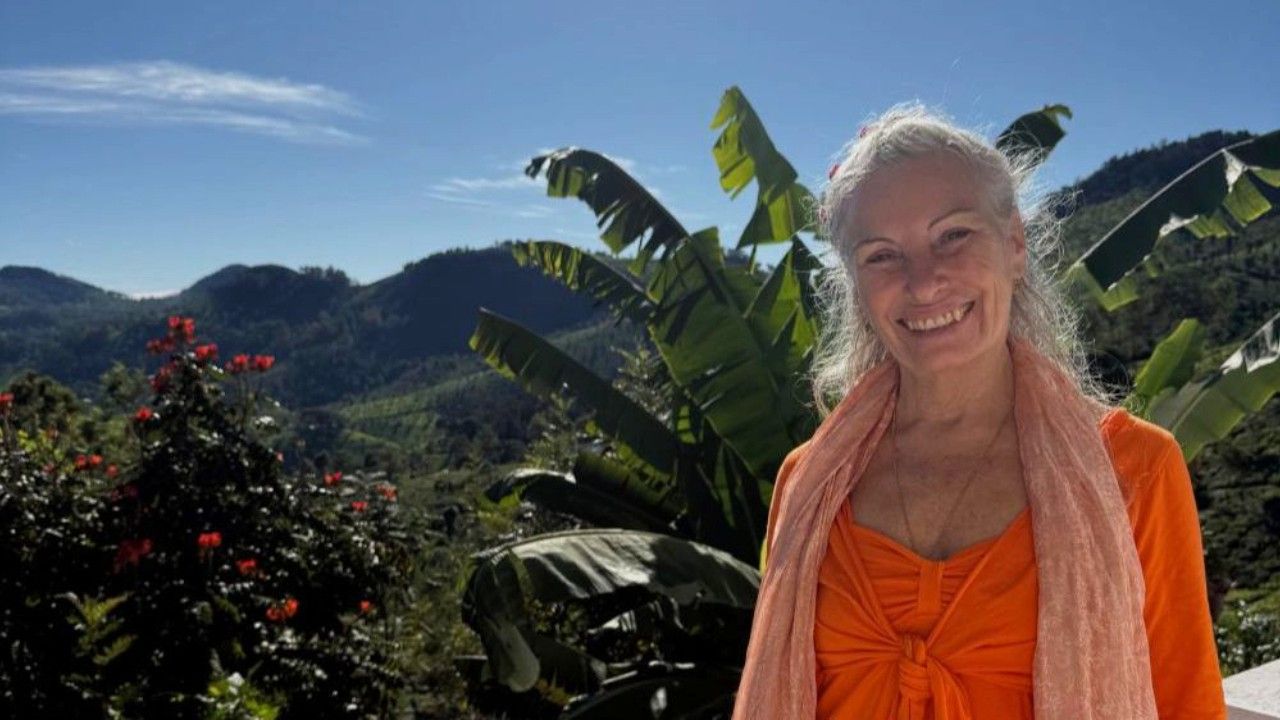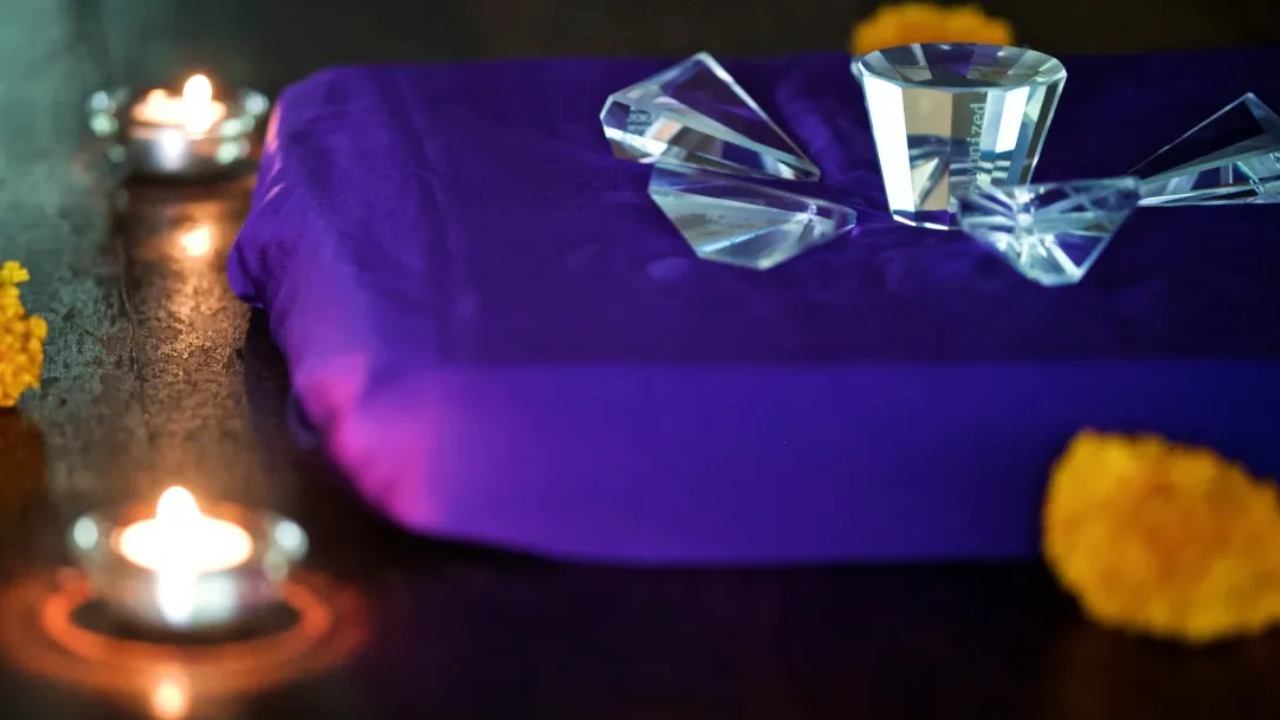Choosing Love: Is Love a Choice or Instinct?
Aug 21, 2024
Is love a conscious decision or an uncontrollable force? Imagine a moment when your heart races, palms sweat, and suddenly the world seems brighter. You've just locked eyes with a stranger across a crowded room. In that instant, did you choose to feel a spark, or did your instincts take the wheel?
Life Offers Us Two Choices – Choose Love or Fear
When we are in fear, we forget to love. Fear takes over all operating systems in the body through the release of the drug adrenaline. When we are in a state of true love, this becomes all-encompassing and fear no longer affects us.
If we are identified with fear, for example it leads to a lower rung of the ladder going into a downward spiral of protection, closure, numbing and desensitizing. If we are in a state of love it opens into expansion, ascension, empathy, compassion and joy.
The Impact of Fear on Love
Fear in love is a primal response - a leftover from our evolutionary past when being vigilant meant survival. When we fall in love we open ourselves to joy but also to hurt. That vulnerability while beautiful can trigger our deepest insecurities. Our brains being ever vigilant start to whisper warnings: "What if they leave? What if I'm not enough? What if this all falls apart?"
Those whispers of fear can show up in many ways in healthy relationships, each a barrier to the deep connections we long for. We build emotional walls brick by brick in a misguided attempt to protect our hearts. Vulnerability, the lifeblood of intimacy becomes a risk we're not willing to take. We keep our partners at arm’s length never fully letting them see us, never fully embracing them.
Fear can also turn love into possessiveness and control. Jealousy that green eyed monster is often fear in disguise - fear of loss, fear of inadequacy, fear of being betrayed. It can make us seek constant reassurance, monitor our partner’s every move, try to control the uncontrollable. In doing so we risk suffocating the very love we’re so desperate to keep.
Perhaps most sneakily fear can make us project our past hurts onto our current relationships. Like ghostly overlays on reality those projections distort our perception making us see threats where there are none. A partner’s innocent comment becomes loaded with imagined criticism; a moment of independence is seen as rejection. We find ourselves fighting battles from old wars never fully present in the love that’s right in front of us.
We Have A Choice

Being faced with chaos, we do have choices. We can go on automatic pilot and follow the herd of sheep into the trap being prepared for us or we can take another path which makes the wolves in sheep’s clothing completely destabilized; we can choose love! Remember, love is a very act of choice, an active decision to foster connection and intimacy. We can choose love is a choice of joy!
Those who manipulate through fear do not know love or joy. These are alien qualities to them. If we decide that we wish to live outside the cage, the path is to find love. In the dimension of love, those who would create a fear-based world have no power.
Love, openness, affection, celebration, compassion, empathy, are all attributes which will set us free and save us from the matrix. The matrix is after all an illusion, created to control us.
The Science of Love
Love isn't just a matter of the heart - it's also a complex interplay of brain chemistry and hormones. When we fall in love, our brains light up like a fireworks display, triggering a cascade of biological responses.
Neurological aspects:
- The brain releases a cocktail of chemicals, including dopamine, norepinephrine, and serotonin.
- Brain scans show increased activity in the caudate nucleus and ventral tegmental area, regions associated with pleasure and reward.
Key hormones and their effects:
- Oxytocin: Often called the "cuddle hormone," it promotes bonding and attachment.
- Dopamine: Creates feelings of euphoria and motivates us to seek out our loved ones.
- Vasopressin: Linked to long-term commitment and monogamy.
- Cortisol: Stress hormone that initially decreases when falling in love, contributing to that "floating on air" feeling.
This biological symphony explains why new love can feel so intoxicating and all-consuming. It's not just poetic metaphor - we're quite literally "drunk on love."
The Role of Attachment in Love

Strip away the layers of love and at the point in the center you’ll find the power of our earliest relationships. Attachment theory by John Bowlby and Mary Ainsworth gives us a tool to understand how our childhood relationships shape our adult experiences of love.
A child reaches out for comfort. How their caregiver responds in that moment - with warmth, indifference or unpredictability - sets the stage for how that child will approach love and intimacy for the rest of their life. This early interplay between child and caregiver creates the attachment styles that will color our romantic relationships for years to come.
Those who have a secure attachment style find it easy to be intimate and independent. They’re the ones who can lean into love without fear of losing themselves, who can weather relationship storms with ease and gratitude. Their childhood taught them that love is safe, they are worthy of care and others can be trusted.
Childhood & Attachment Style
Not all childhoods provide a person with that solid foundation. Some develop an anxious attachment style and forever seek the closeness they felt was inconsistently given in childhood. In relationships they may become the partner who constantly seeks reassurance, their fear of abandonment a constant undercurrent in their love life and marriage.
Some with an avoidant attachment style learned early on that independence was safer than relying on others. As adults they may struggle with intimacy, always keeping partners and friends at arm’s length, their desire for closeness at war with their fear of vulnerability.
And then there are those with a disorganized attachment style, whose lives and early relationships were marked by chaos or trauma. Their approach to love as adults can be just as chaotic, switching between intense desire for closeness and sudden withdrawal.
A licensed counselor can help individuals understand and navigate these emotional choices, providing professional support, counseling and guidance on attachment styles and relationship stages.
Let Love In Through Mindfulness and Meditation

At its heart mindfulness is the art of being present in the moment, aware of our thoughts and feelings without judgement. When applied to love and relationships this becomes a doorway to deep connection. Imagine being able to really listen to your partner without the filter of your own thinking, to respond to challenges with clarity not reactivity, to enjoy the simple pleasure of being together without the pull of past or future. This is what mindfulness in love offers.
Meditation, often paired with mindfulness, takes us even further. Through regular practice we create an inner calm and focus that acts as a shield against the stresses that can wear down relationships. As we sit in silence, focusing on small things, our breath or a mantra, we create a space between our thoughts and our reactions. This space is where empathy can grow and we can see our partner more clearly, understand their needs and motivations more deeply.
These practices have many benefits. As we become more self aware we can recognise and regulate our emotions and prevent small irritations from becoming full blown conflicts. The stress reduction that comes with regular meditation creates a calmer environment at home, a sense of sanctuary where love and family can flourish away from the pressures of the outside world.
Perhaps most profoundly, mindfulness and meditation increase our capacity for empathy and compassion. As we learn to observe our own thoughts and feelings with kindness and respect, we naturally extend that to others. We become more attuned to our partner’s emotional states, more patient with their flaws, more appreciative of their uniqueness. This deepened empathy is the foundation of true intimacy.
Embrace Love Fully with Tantra Essence Events: Dance, Enjoy, Celebrate, and Meditate!
At Tantra Essence, our various events are designed to help you choose love in all its vibrant aspects. Through our gatherings, you can immerse yourself in the fun and joyful practices of dancing, enjoying, celebrating, and meditating. These events include:
Tantra Essence Festival
One of the best ways to embrace love is through our annual Essence Festival. Here, you can learn wisdom teachings from great Tantra Masters of the past and experience the fruits of their wisdom in the present.
Workshops and Retreats
Dive deep into the practices of tantra through our immersive workshops and retreats. These events offer intimate settings for exploring love, intimacy, meditation and connection, providing tools and teachings that you can integrate into your daily life.
Online Courses
Our online courses bring the essence of tantra to your home, allowing you to learn and practice at your own pace. These courses cover a wide range of topics, from meditation and yoga to relationship dynamics and sexual health.
There's a song from the world of Osho that perfectly encapsulates the spirit of our events: “It’s high time to dance, It’s high time to dance, So, wake up and dance!”
Join us at Tantra Essence and choose love in all its beautiful dimensions. Dance, enjoy, celebrate, and meditate with us to find balance, energy, joy, and a deeper connection to yourself and others.
Join Us In The Dance Of Life!
The Tantra Essence Global presence is changing the world for the better, one retreat at a time. These retreats enhance the well-being of participants by improving their emotional and psychological health. The word namaste means, ‘I bow down to the divine within you.’
By bowing down to the divine within ourselves and with those people we meet, we will begin recognising divinity in all of life and with this comes the urge to celebrate this divinity in all ways possible.
















